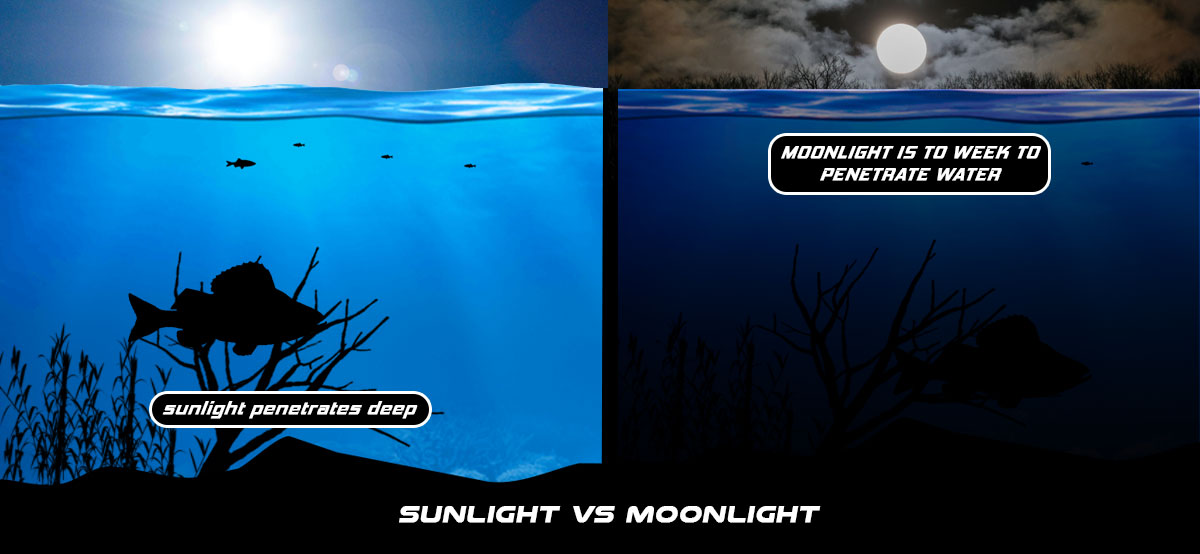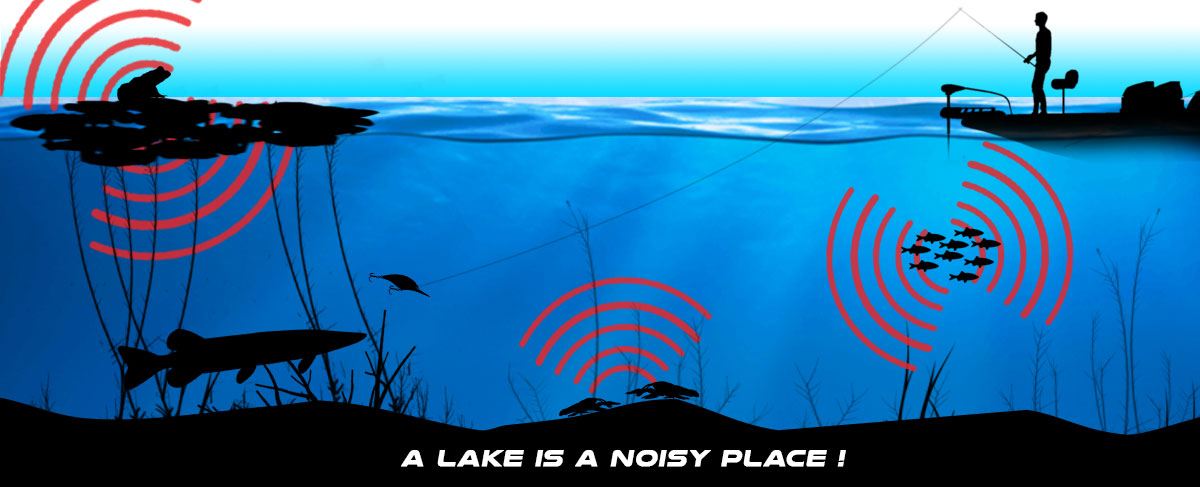
Fishing myths are a solid part of the culture. Since it takes place underwater, which is very foreign to us we are often left with guessing or attributing success and failure to such things as good or bad luck. And these legends are passed on from generation to generation even though they are short on scientific evidence. Most of these fishing myths are crafted around finding credible explanations for the lack of bites, explanations outside of the fisherman’s control obviously!
If the fish don’t bite today it’s because they are not feeding. Of course, it helps when we see fish busting on the surface and actively feeding. They are easy to locate and fun to catch. But that’s quite a rare occurrence. Most of the time the water is calm and we are left guessing. The problem is that I’m not convinced fish bite our lure only for feeding. Fish have no hands, so if they want to investigate, scare away, or just plain reflex, what else can they do but grab with their jaws? It means we can be catching fish regardless of feeding activity.

It also means that the importance of matching the hatch is very relative! Strange colors such as firetiger or chartreuse shad are known fish catchers. And yet they do not match anything. Better yet, there are no naturally occurring spinnerbaits in the wild. Even worms, it seems highly questionable that most fish has ever seen one. And not a purple one with gold flakes! And yet, they all catch fish. It means fish are biting for reasons unrelated to feeding.

It’s well documented that fishing is tough during a cold front. But why? In other words, it’s harder to get bit on calm sunny days. One might ask why? Or maybe the right question would be why is fishing better on windy, cloudy, or rainy days? Let’s say a sunny day is the default setting when baitfish are at their best to avoid and evade predation. When the wind for example breaks up light penetration, predators have an edge and will sneak up to their prey and eat them. Predators know when the conditions are right, and when they aren’t!
Ever heard that fish don’t bite in the rain? Well, I have, and it seems like the perfect excuse to stay cozy at home. But rainy days are some of the best times to go and fish. Especially in summer or autumn. Indeed a bit of sun is often better in the cold of winter. So I would not rush outside on a rainy December day, but it’s overall good news for fishing.
Water temperature affects fish, they are more sluggish in cold water and need slower presentation. That doesn’t hold water, fish can swim just as fast in cold water, otherwise, they wouldn’t be able to feed and would die. The reason why slower presentation works in winter is precisely that it’s more of a feeding bite than a reaction bite.

Here’s a good one, the moon as a fishing factor. To be honest the jury is still out on this one. But we can still dispel at least one myth. The moon has a big influence on many things, gardening, hair growth, feminine cycles, tides, and probably a lot more. However, I’ve heard many times people claim that a full moon the night prior provided enough light for the fish to become nocturnal and therefore sleep during the day.

This is so wrong, first because a full moon doesn’t necessarily shine during the night, the moon can be up during daylight. Then it would require a clear night, with no cloud or mist. And finally because moonlight is so much weaker than sunlight that penetration must be a few centimeters at best. So no, fish aren’t affected by the light from the moon.
Fish with the lightest line possible, otherwise fish will shy away because they see the line. Now yes that can be true in extreme situations, for trout in crystal clear water. But for your most frequent fishing outing in stained water, several meters deep, it really doesn’t matter. That’s not to say the line doesn’t matter. Line affects lure presentation.
Big baits are the only way to catch a big fish. The benefit of big lures is that, to some extent, they will weed out little fish. So yes it allows for a bigger average. But you can catch big fish on standard-size offerings. One such way is to use more topwater lures, as their fakeness is hidden by the surface.
Fish “learn” about noisy baits and will avoid them. Many fishermen simply don’t use lures with rattles based on the assumption that fish are always scared of them. This is simply not true, for the reason that natural food is noisy too. If predators stop feeding on prey that emits some form of noise, they will just die of starvation. In America, with much higher fishing pressure, big bass fall for loud crankbaits every year. These giant bass have heard all manners of noisy lures, and yet they still bite them.

Young anglers need to learn from experienced older men. But regardless of who’s showing you the ropes, examine every claim with the light of common sense. Don’t perpetuate these and other fishing myths, question everything! If you like what you read consider sharing it with your friends.